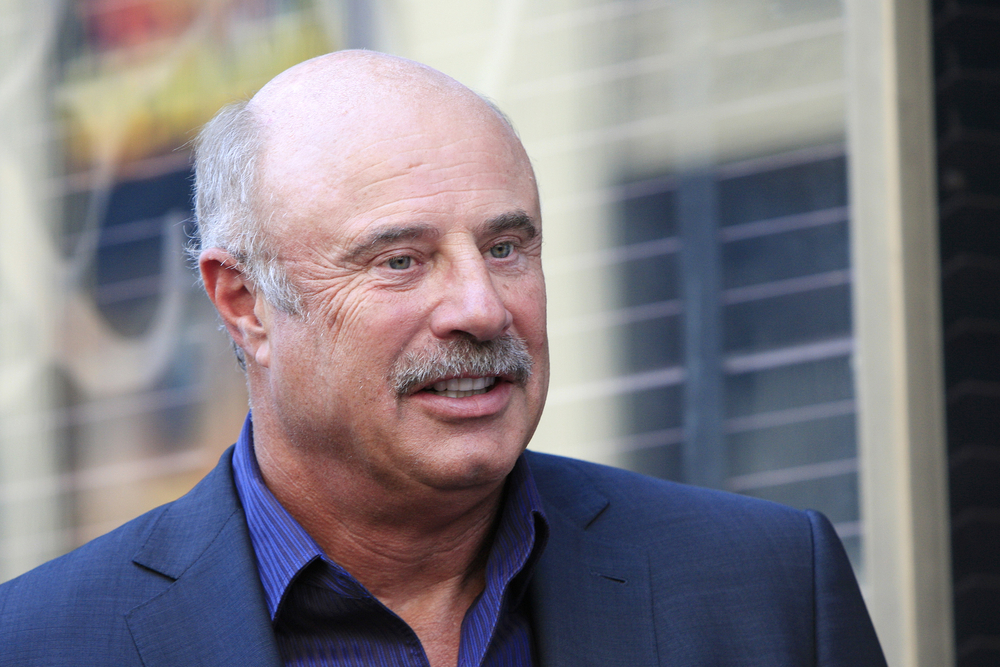
A new study found that regular Dr. Phil viewers are more likely to seek mental health treatment than people who don’t watch the daily talk show.
By tuning in every day, viewers develop a special connection with the TV doctor—and that link ultimately leads to a belief in the ability to find help, which in turn leads to the intention to seek treatment, researchers said.
Eric Rasmussen, an assistant professor of public relations at Texas Tech University who collaborated on the study, offered some insight into why the show has slipped into the role of mental health referrer for some viewers.
“Many people with a diagnosable mental disorder don’t obtain professional personalized treatment, so they turn to things in the mass media like Dr. Phil or self-help books,” he said in a July news release.
Researchers surveyed more than 300 patients, all with minor children, to look at their viewing habits and their desire to seek out mental health help. They found that regular viewers are not only more likely to consider getting help for themselves—they’re also more likely to seek it out for their kids.
“Our study shows the more people watch Dr. Phil, the more they develop a parasocial relationship with him. It’s a media-mental health professional and TV viewer-patient relationship. That eventually leads to intentions to seek treatment for oneself and one’s child,” said Rasmussen.
He continued: “The relationship in a normal doctor-patient setting leads to a belief that, ‘Hey, I have the ability to treat my mental illness or have the ability to find help. And they think when they go look for help that it will work.”
Dr. Phil McGraw debuted the program in 2002 after making a splash in national media with his appearances on The Oprah Winfrey Show. Since then, he has regularly dispensed on-air advice, sometimes in a controversial and confrontational fashion.
“My show isn’t just about the guests who turn to me for help. It’s about inspiring viewers to deal with an issue that was heretofore scary or threatening, so they can then make a change or get the support they need,” said Dr. Phil. “This study shows that we are helping make mental health―and the pursuit of mental health―an acceptable narrative in society.”